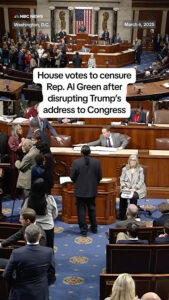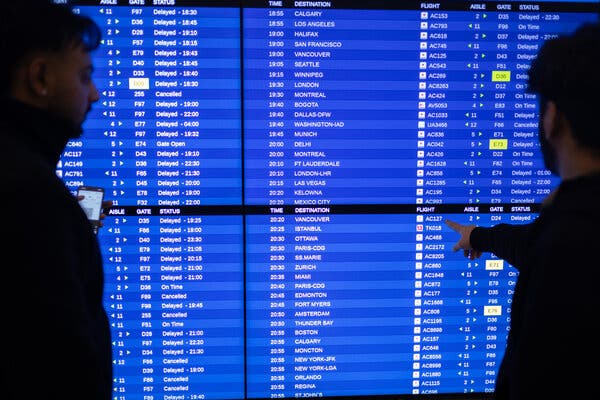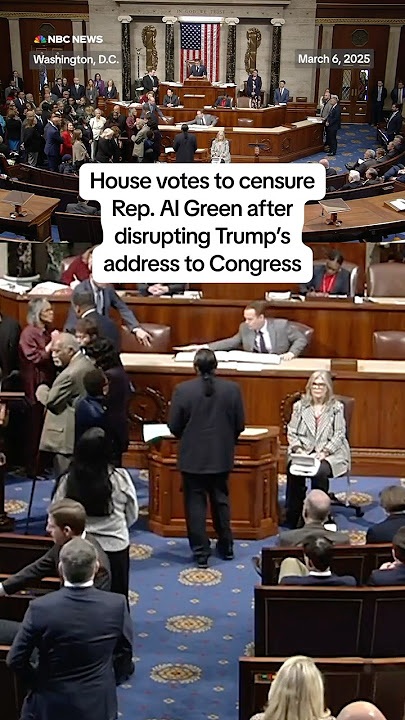Understanding the Trump Travel Ban
The Trump travel ban has been a topic of intense debate and discussion since it was first introduced. Initially enacted in 2017, the ban has undergone various changes and legal battles. In this post, we will explore the implications of the travel ban, its effects on immigration, international relations, and the economy, and what it means for the future.
Background of the Trump Travel Ban
The travel ban originated from President Donald Trump’s executive order, which aimed to restrict entry into the United States for citizens from specific countries. The initial order was met with widespread protests and legal challenges, with critics arguing that it was discriminatory and unconstitutional. The flow of developments led to revisions of the order, eventually culminating in a supreme court ruling that upheld a later version of the ban.
Countries Affected by the Travel Ban
The original and subsequent versions of the ban primarily targeted countries identified by the Trump administration as posing a threat to national security. These included Iran, Libya, Syria, Yemen, Somalia, and North Korea, as well as certain government officials from Venezuela. The list of countries has seen changes over time, reflecting shifts in foreign policy and national security assessments.
Legal and Legislative Framework
The legal battles surrounding the travel ban have been significant. Courts across the nation were involved in issuing rulings that either blocked or allowed the enforcement of the ban. Various arguments were made, including allegations of religious discrimination, violation of the Administrative Procedure Act, and potential breaches of constitutional rights. The Supreme Court’s decision in 2018 ultimately upheld the travel ban, setting a critical precedent for executive power in immigration control.
Impact on Immigration Patterns
The travel ban has had a profound impact on immigration patterns to the United States. Many families have been separated, and individuals seeking asylum or refuge from conflict have found it significantly more challenging to enter the country legally. Statistics show a decline in visa applications from the affected countries following the ban’s implementation, which has likely contributed to the reductions in cultural and professional exchange between them and the United States.
Economic Implications
From an economic perspective, the travel ban has broader ramifications. Restrictions on immigration can lead to labor shortages in certain sectors that rely on foreign talent, particularly in technology, healthcare, and academia. The ban has been criticized for inhibiting innovation and diversity in the workforce, which are vital for competitiveness in a global economy. Businesses have raised concerns about the long-term impacts on their operations and growth strategies.
International Relations and Foreign Policy
The Trump travel ban has also affected the United States’ foreign relations. Many of the targeted countries have experienced significant strain in their diplomatic ties with the U.S. The ban has been seen as a signal of discontent toward certain nations and has undermined partnerships that are essential for addressing global challenges such as terrorism, climate change, and economic development.
The Future of the Travel Ban
Looking ahead, the future of the Trump travel ban remains uncertain. The Biden administration has signaled intentions to review and potentially reverse many of Trump’s immigration policies. Discussions have emerged around creating a more equitable and fair immigration system, one that emphasizes human rights and humanitarian considerations. How this will unfold is still to be seen, but it underscores the fluidity of immigration policy in the United States.
Conclusion
The Trump travel ban has had multi-faceted effects on individuals, families, businesses, and international relations. Understanding its implications is crucial for HR professionals and business leaders as they navigate challenges associated with immigration, workforce diversity, and global engagement. The landscape of immigration continues to evolve, and staying informed about these changes is key to effectively managing workforce strategies amid changing legal and political environments.
For more detailed information, you can refer to the original report from The New York Times.








